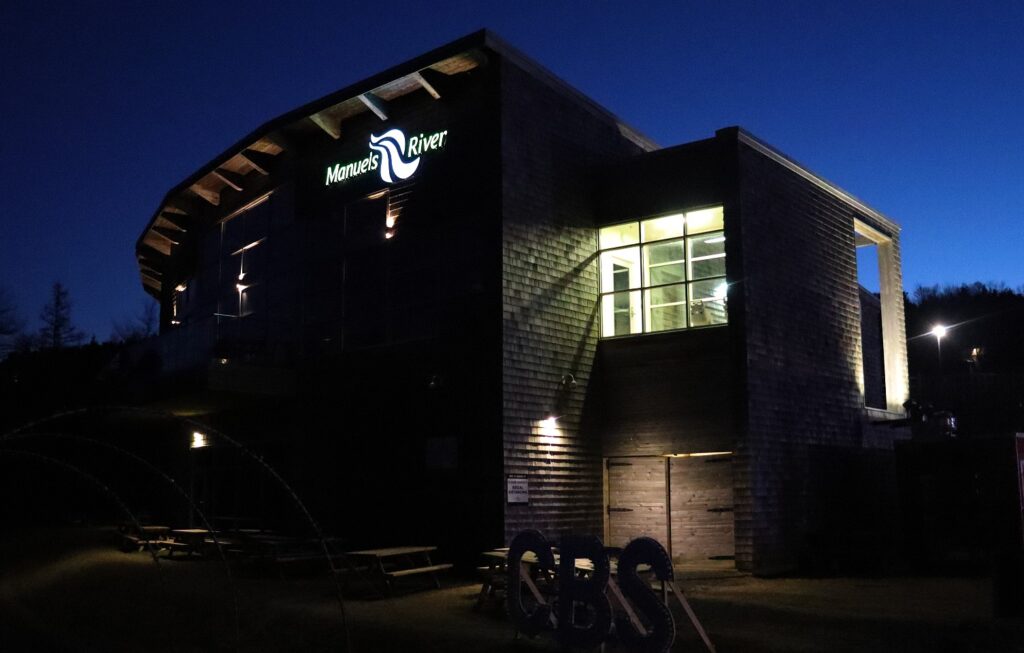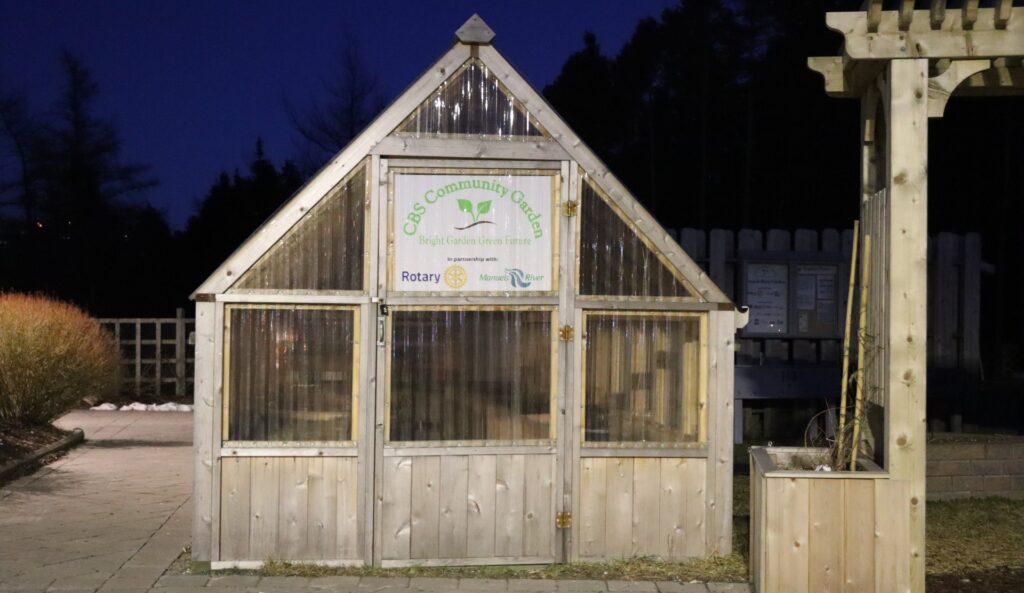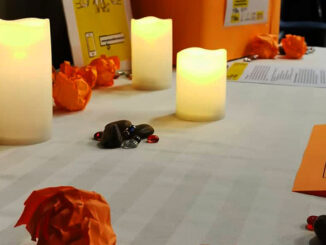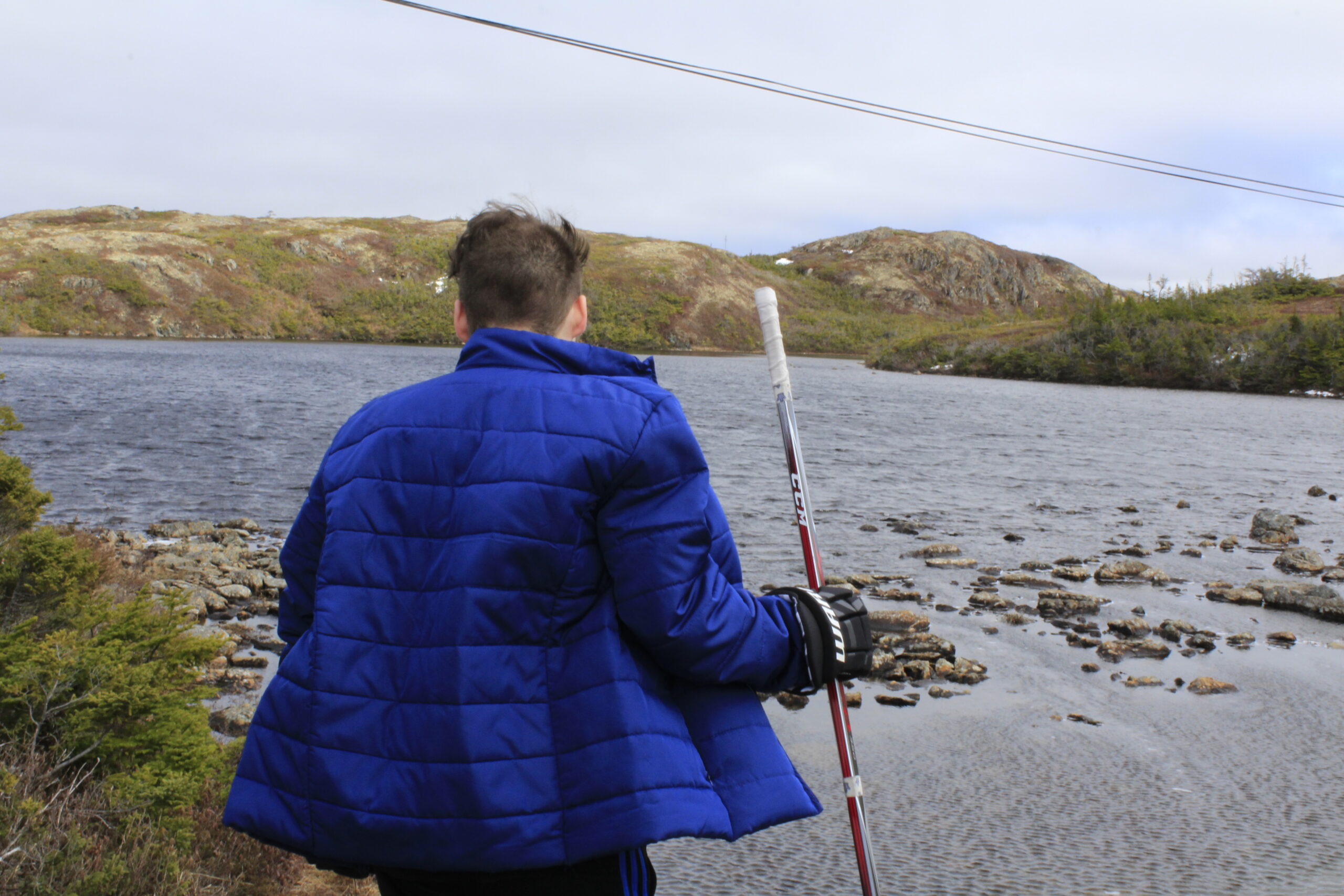Manuels River is offering a climate change lab to equip students with tools to handle overwhelming information about climate change, teaching practical skills.
Sarah Antle
Kicker

Climate change and global warming have long been topics of conversation for students and political leaders.
In 2019, high school students in St. John’s organized a climate strike that drew thousands. Now, there are more programs for students to learn about the climate and engage with instructors.
Designed for people aged 14 to 18, the Manuels River climate change lab is a multi-week program that explores our shifting climate. Rather than teaching only the facts of climate change, the program aims to equip participants to handle overwhelming information.
Manuels River heritage interpreter Gillian Davis said the climate change lab was put together by a group that gathers to discuss climate change solutions.
“Our goal is to support participants in their learning in a way that shifts from the doom and gloom of climate change to hope,” Davis said.
That doom and gloom surrounding climate change is a product of eco-anxiety. Stemming from observing the effects of climate change, eco-anxiety is the worry about current and future environmental harm.
Davis said she hopes that participants will walk away understanding that there are already solutions in place to tackle climate change.
She said the conservation group’s goal is to give students a toolset “to recognize information that isn’t necessarily true or read into information in a more critical way.”
Tackling climate change
A combination of lectures, local news stories, discussions and activities, the two-hour sessions are based on building practical skills. As a result, participants learn about food security, community resiliency and waste reduction. Participants learn to hand-sew to reduce waste, for instance.
Daniel Stoyles, the Manuels River education supervisor, said the organization had to move this program online because of the pandemic.
He said for programming centered upon nature and conservation, in-person sessions are preferred. Students “will want to learn, or they’ll learn without even knowing that they are,” when they experience lessons in nature.
Despite the limitation, Stoyles said Manuels River moved the program online in an engaging and educational way.
Shramana Sarkar, a Memorial University student studying geography and geology, said programs such as this are important for raising awareness about climate change.
“Avoiding the problem is never the solution,” Sarkar said.
When it comes to teaching students about what they can do to help, Sarkar said it’s important to “emphasize that you as an individual can only do so much.” She said programs such as these allow people to learn how to tackle the bigger problem.

Davis and Stoyles said the community supporting Manuels River makes these programs happen.
Sarkar agrees: “It’s always communities as a whole that bring about change,” she said.
Davis said the program allows participants to share their own ideas and solutions.
“It’s all about giving them a voice.”




Be the first to comment